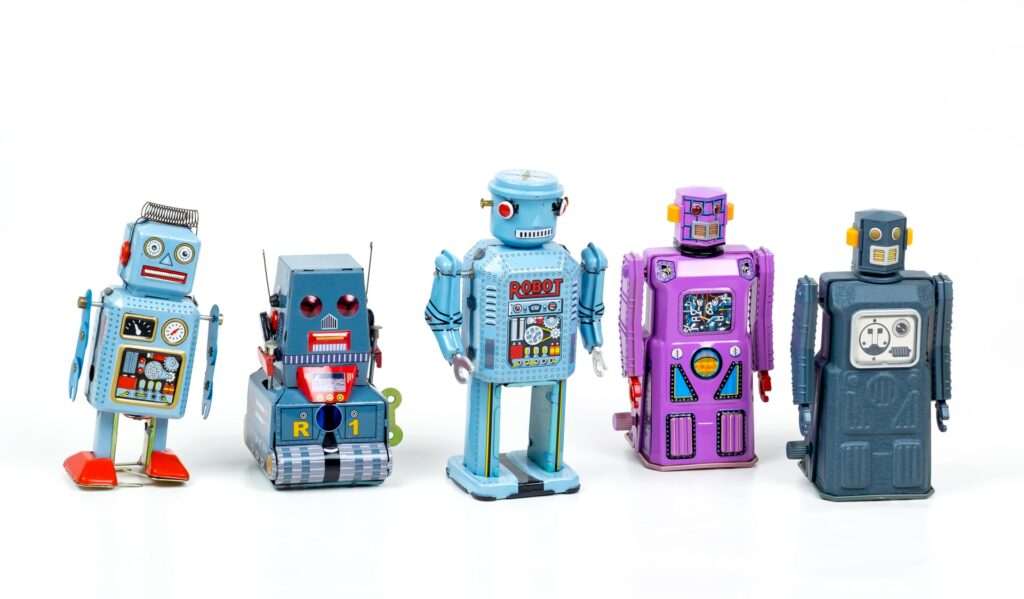Caroline’s talking about Unconscious bias – the unseen force and its impact on complaints
Unconscious bias is not normally a phrase you hear mentioned in complaints handling circles. It’s normally something we associate with recruitment, internal promotion/development processes and managing staff – with training reserved for the people carrying out those activities.
But unconscious bias is something we need to be very aware of – not just because it can have an impact on the people we recruit into our complaints handling teams – but because it can have an impact on the decisions we make on the complaints we’re dealing with.
Everyone has unconscious biases. Unconscious bias happens by our brains making incredibly quick judgments and assessments of people and situations without us realising. Our biases are influenced by our background, cultural environment and personal experiences. We may not even be aware of these views and opinions or be aware of their full impact and implications. And it can have an impact on our decisions and actions without us even realising it.
Unconscious bias occurs when people favour others who look or sound like them and/or share their values. For example, a person may be drawn to someone with a similar educational background, from the same area, or who is the same colour or ethnicity as them.
The thing about unconscious bias is that behaviour which reinforces the bias is noticed while behaviour which does not is ignored. This reinforcement is how decisions based on unconscious bias are justified because it supports what we already (think) we know.
Just to repeat. Everyone has unconscious biases. The brain receives information and uses shortcuts to speed up decision making – and unconscious bias is a by-product of that action. There are times when this sort of quick decision making is useful, for example, if faced with a dangerous situation. However, it is not a good way to make decisions when looking at complaints. We’ve all had those moments where we’ve made a snap decision and can’t quite work out why.
So, bearing in mind that people aren’t aware of these views and opinions, or aware of their full impact and implications, how do you ensure (as much as you can) that unconscious bias isn’t having an impact on complaint outcomes?
There are several things businesses can do. Here are a couple of them as a starter for ten.
The first thing is that everyone involved in handling complaints needs to know that:
- we all have unconscious biases
- it is natural and unintended
- it can affect the decisions they make if its left unchecked, and
- they can learn to mitigate the effects (with the right training).
The second thing is management information and having good demographic data about your customers. This will help Quality Assurance colleagues to be able to run sense checks to ensure that all customers are being treated fairly and that there aren’t any customers who are inadvertently being treated differently or falling by the wayside because of unconscious bias.
Unconscious bias by its very nature is silent and unassuming. And yet its impact and effects can be significant. This is why this is something we cover when we talk to people about handling complaints. Because being human means understanding what it is to be a human being.
If you want to get ahead of the pack, have a look at our events page for our training events
It would be great to hear from you please feel free to share your views by finding us on Social media
Share on twitter
Twitter
Share on linkedin
LinkedIn



